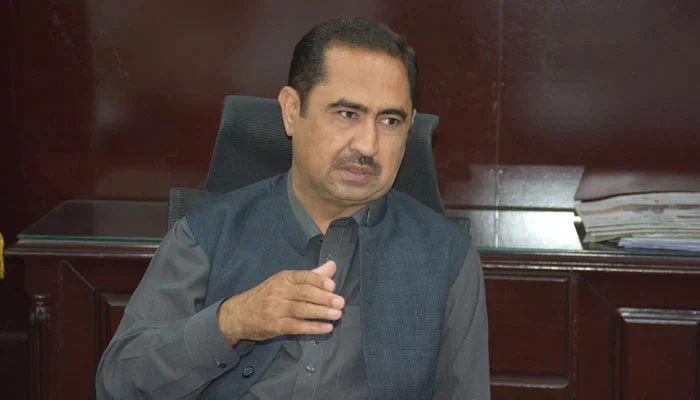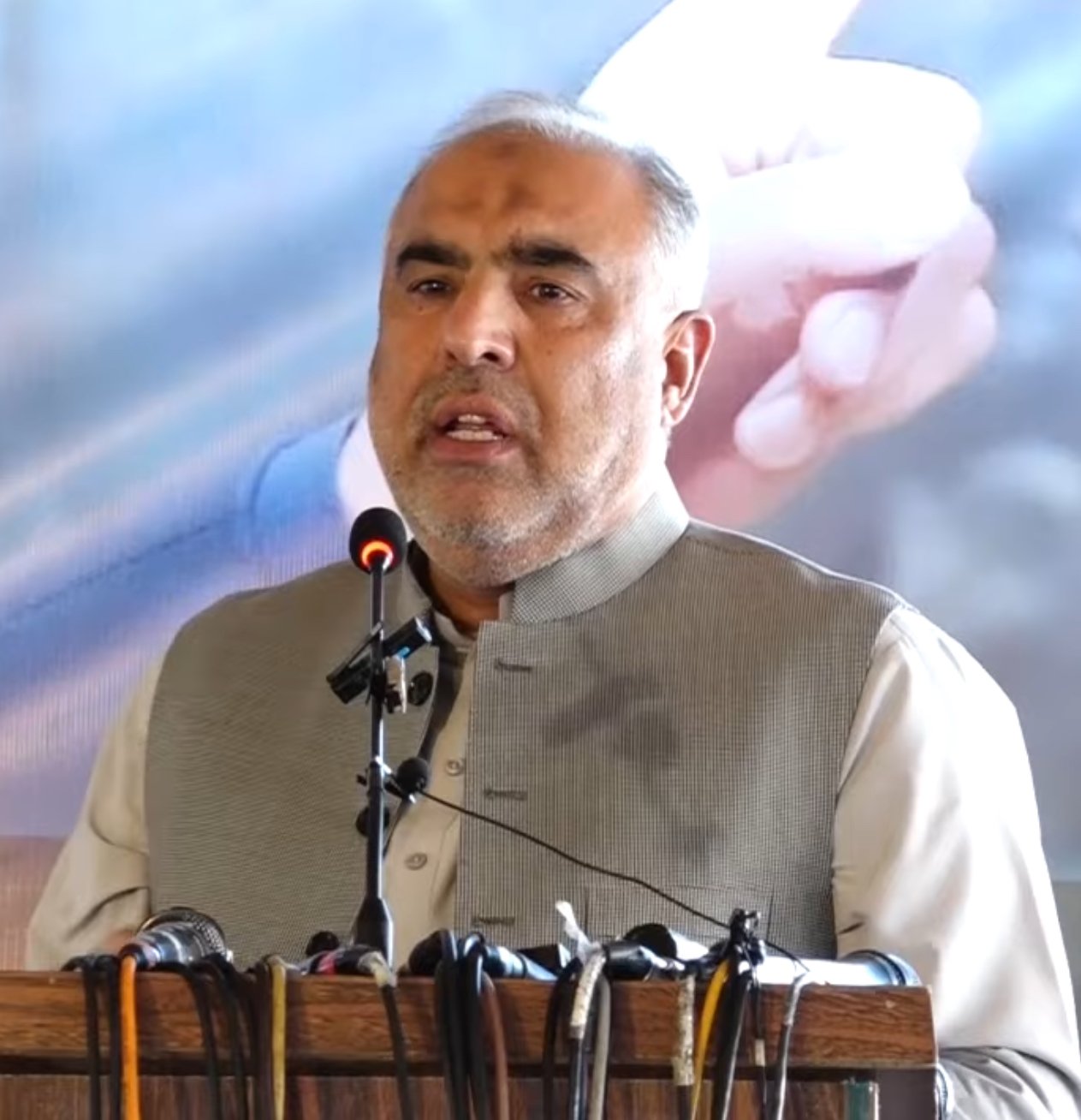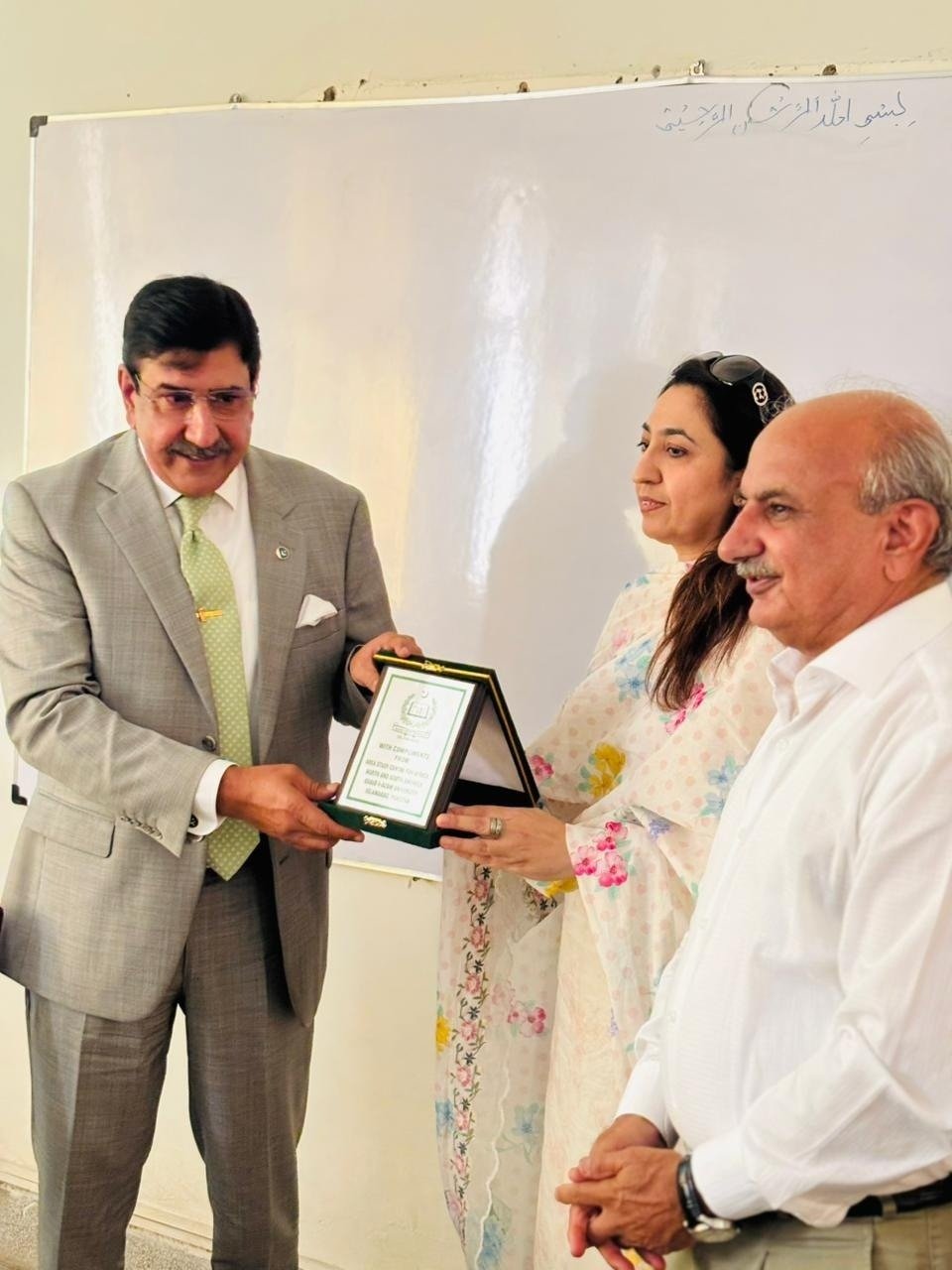The escalating AJK protest crisis has laid bare the urgent need for reform, restraint, and meaningful dialogue. What began as a peaceful movement led by the Joint Awami Action Committee (JAAC) has, unfortunately, spiraled into deadly clashes, leaving nine people dead and hundreds injured. Moreover, the region-wide shutdown and communications blackout reflect a breakdown in trust between citizens and the state.
At the core of the protests lies a 38-point charter of demands. While the government claims to have accepted 90% of these, unresolved issues—such as abolishing reserved refugee seats and downsizing the cabinet—require constitutional amendments. Consequently, these sticking points have fueled public frustration and intensified the AJK protest crisis.
In response, Prime Minister Shehbaz Sharif’s decision to personally oversee negotiations and expand the dialogue committee is a welcome shift. His call for restraint and transparent investigations signals a move toward de-escalation. Nevertheless, the government must go beyond damage control. It must commit to a structured, time-bound reform process with independent oversight.
Meanwhile, the JAAC must recognize that violence undermines its cause. The deadly attack on the police in Dhir Kot marks a dangerous turn. Although peaceful protest is a democratic right, sustained violence risks eroding public sympathy and inviting external exploitation.
To resolve the AJK protest crisis, both sides must engage constructively. The government should publish a clear roadmap for implementing accepted demands. Furthermore, civil society and media must monitor progress to ensure transparency. The JAAC, in turn, should suspend disruptive actions and return to the negotiating table.
Ultimately, this crisis reflects deeper governance failures—rising inflation, electricity shortages, and perceived elite privileges. Therefore, addressing these requires more than promises. It demands a recalibration of priorities, where public welfare outweighs political expediency.
In this moment of national urgency, restraint must meet resolve. Dialogue must be anchored in dignity. And reform must be pursued with sincerity. Only then can AJK move from confrontation to consensus—and from grievance to governance.








